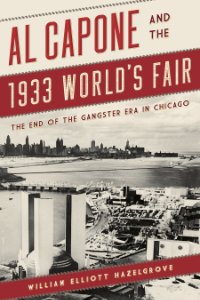By Joseph .J. Ellis
From the Preface: The pages that follow are concerned with the American Revolution, with the generation of Americans that came of age during the revolutionary crisis, with the expectations they harbored for the future of American culture, and with their responses when that future failed to materialize. After attempting to identify the rapidly changing social conditions and values of revolutionary America, I try to tell thestory offour men whoselives grew out of thatsocial context: Charles Willson Peale, an artist; Hugh Henry Brackenridge, a novelist; William Dunlap, a dramatist and theater manager; and Noah Webster, an educator, linguist, and all-purpose polemicist. Each of these men believed that the American Revolution was more than a war for colonial independence. Each expected the Revolution to alter American society in fundamental ways. Each thought that the Revolution would remove long-standing constraints to national development and thereby unleash vast reservoirs of untapped energy within American society and within individual personalities…….Expectations this excessive, you might say, are doomed from the start……
NY. W.W. Norton. 1979. 267p. CONTAINS MARK-UP




